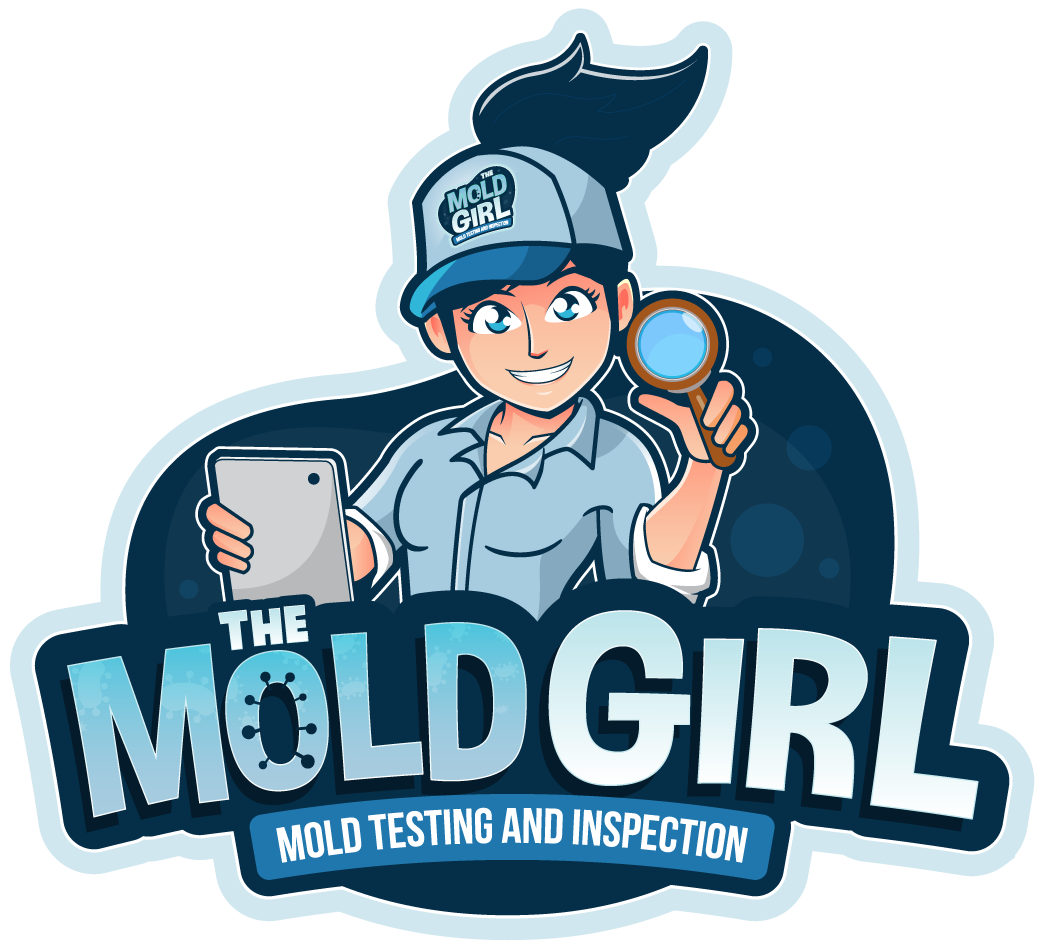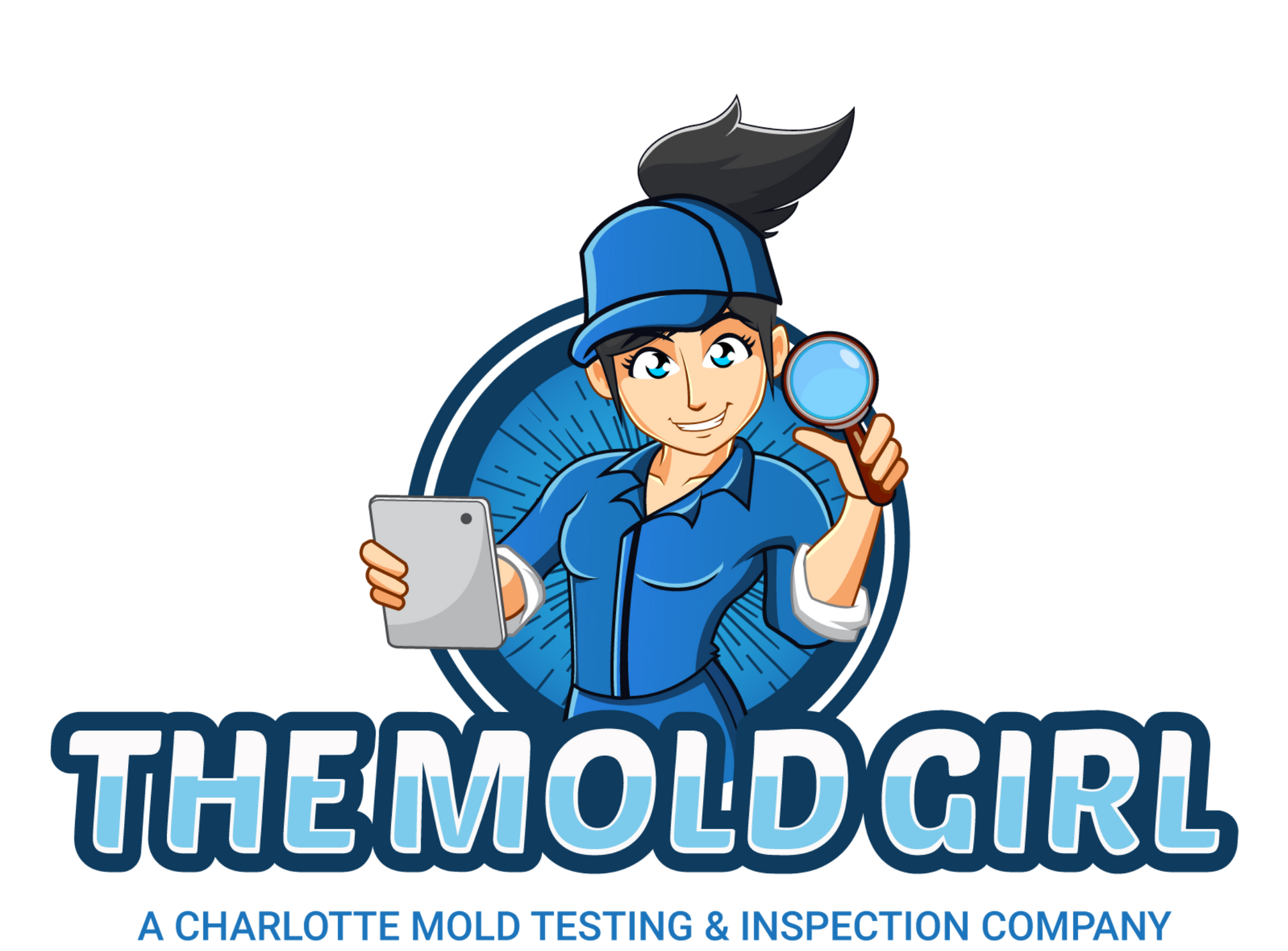PENICILLIUM
What Is the Species of Penicillium?
In the genus Penicillium, there are ascomycetous fungi that are a component of many species' mycobiomes. Penicillium is important in the natural environment, food spoilage, as well as the food and pharmaceutical industries, among other things.
Is Penicillium a carcinogen, or does it cause cancer?
Penicillium, like many other molds, has the potential to induce allergic reactions or infections in those who have weaker or damaged immune systems. It is possible to contract serious infections in the lungs, kidneys, spleen, liver, and bone marrow after ingesting one species of Penicillium marneffei (a type of mold).
What illness is caused by the fungus Penicillium?
In many cases, the bacteria Penicillium spp. is responsible for the surface infection (keratitis and otomycosis). The prevalence of allergic lung illness (e.g., various cheeseworker's diseases) is similarly high. Allergic lung disease is commonly associated with occupational exposure (e.g., hay fever). Despite the fact that the most effective treatment for invasive infection is uncertain, surgery may be required if it is not otherwise practicable.
What are the signs and symptoms of Penicillium?
- Symptoms
- Fever.
- In general, there is discomfort.
- Weight loss is taking place.
- Cough.
- lymph nodes that have grown in size.
- Having difficulty breathing.
- Enlargement of the liver and spleen.
- Diarrhea.
What is the definition of Penicillium sensitivity?
In spite of the fact that some Penicillium species are dangerous, Penicillium is a prevalent indoor mold that causes nasal allergies and asthma in those who suffer from them, as well as oral allergy symptoms in those who ingest particular foods such as blue cheese.
Can a person's penicillin allergy become a lifelong condition?
These reactions can only be examined in a safe environment by a qualified medical professional. Even individuals with severe penicillin allergies can commonly continue penicillin medication without risk of relapse because penicillin allergy is not necessarily a permanent condition.
What is a Penicillium black mold, and how does it grow?
Mold that is classified as 'black' is an umbrella term that refers to a number of mold species. "Black poisonous" mold is comprised of the mold species stachybotrys, chaetomium, aspergillus, penicillium, and fusarium, all of which are toxic to humans and animals.
When it comes to properties that have undergone water damage, is Penicillum mold a concern?
Fungal development in wet or water-damaged buildings is growing more common throughout the world, posing a threat to both people and the structures themselves. Penicillium chrysogenum and Aspergillus versicolor were found to be the most common fungus species found in water-damaged structures, according to the findings of the study.
Is it possible to find penicillium in the atmosphere?
Penicillium can be found in abundance all over the world. The spores of this mold are distributed throughout the atmosphere and soil. This mold thrives in moist circumstances, such as those found in an indoor environment.
Is the fungus Penicillium Aspergillus a potentially harmful pathogen?
When it comes to mold species found in indoor air samples, Penicillium and Aspergillus are the most common. The vast majority of the hundreds of subspecies are non-allergenic, with only a small number of them being potentially harmful to humans. They coexist and are both categorized as harmful molds due to their production of mycotoxins, which explains why they are coexisting.
In your home, do you have Aspergillus Penicillium, a potentially harmful mold fungus?
It is possible to die in some cases of extended exposure to radiation. Molds such as Cladosporium, Aspergillus, Stachybotrys, Fusarium, Penicillium, and Alternaria are the most common types of mold found in the home. Mycotoxins, which are produced by the spores of this particular mold, are toxic to humans if they are inhaled, ingested, or come into contact with them.
Can you tell me about the scent of Penicillium?
One of the most frequently encountered molds is the universal or cosmopolitan mold. Microbial volatile organic compounds (MVOCs) are frequently produced, and these molecules add to the characteristic heavy, musty odor of the environment.
Contact The Mold Girl of Charlotte Today!
The Mold Girl of Charlotte will do everything we can to ensure your experience with us is excellent.
Request A FREE Estimate

